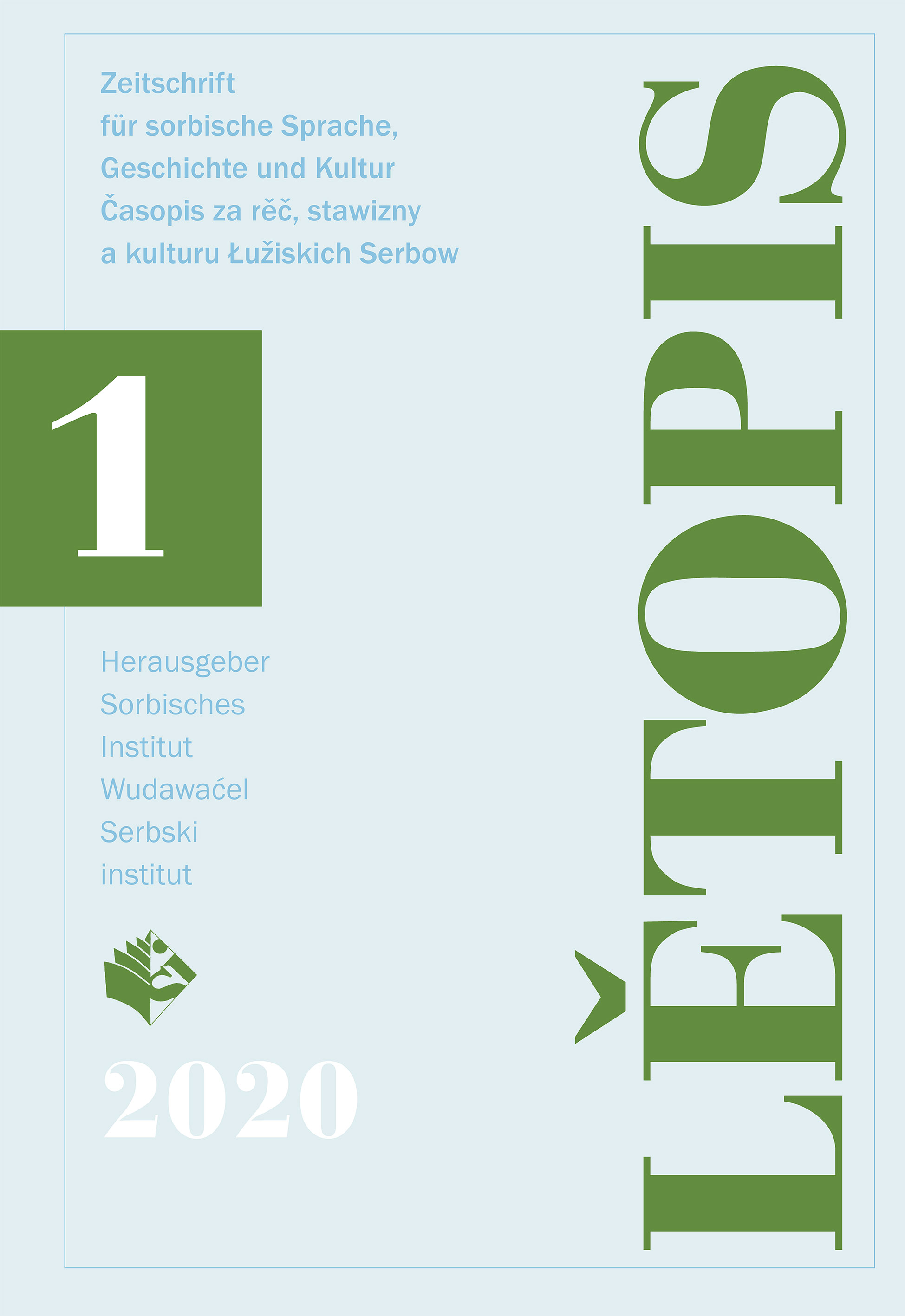Bogumił Šwjela und sein politisches Vermächtnis
Bogumił Šwjela and his Political Legacy.
Between Loyalty and Critical Distance
Author(s): Peter SchurmannSubject(s): History, Recent History (1900 till today), Interwar Period (1920 - 1939)
Published by: Domowina-Verlag GmbH / Ludowe nakładnistwo Domowina
Keywords: Bogumił Šwjela; Domowina; Maśica Serbska; Maćica Serbska; Lower Lusatia; Upper Lusatia; Brandenburg; Saxony; Movement of the Young Sorbs; the Wendish service; German-Sorbian relationships; policy towa
Summary/Abstract: From the 1890s Bogumił Šwjela had a determining influence on the fate of the Sorbs in Upper Lusatia and above all in Lower Lusatia. As a co-founder of the Domowina, as well as being the person who gave it its name in 1912, he had a decisive influence on the profile of the umbrella organization of the Sorbian associations. The Federation of Lusatian Sorbs became not only the main adviser on organizational and financial questions, but also led the way in formulating political demands in the second half of the 1920s concerning the preservation and development of the Sorbian language and culture. Furthermore, Šwjela was active in the educational and scientific society Maćica Serbska, whose Lower Sorbian section, Maśica Serbska, was a member of the umbrella organization. Šwjela was one of the leading figures in linguistic research in both parts of Lusatia. In Lower Lusatia he was concerned with research on Sorbian field-names, especially in the Cottbus district. After 1933 he remained true to his critical view that the German state was doing nothing to preserve the Sorbian language and culture. The Secret State Police (Gestapo) interrogated him and tried to prove that he was hostile towards the German state. This did not succeed. But pressure from the Nazi authorities led in 1941 to him being banned from holding further public church services in Wendish by the Protestant Consistory of the Mark Brandenburg, so Šwjela left Lower Lusatia. After 1945 he also took part in the re-foundation of the Domowina in Lower Lusatia and Brandenburg, although he was living in Thuringia. He did not succeed in his efforts to return to his ancestral homeland.
- Issue Year: 2020
- Issue No: 1
- Page Range: 21-37
- Page Count: 17
- Language: German
- Content File-PDF

